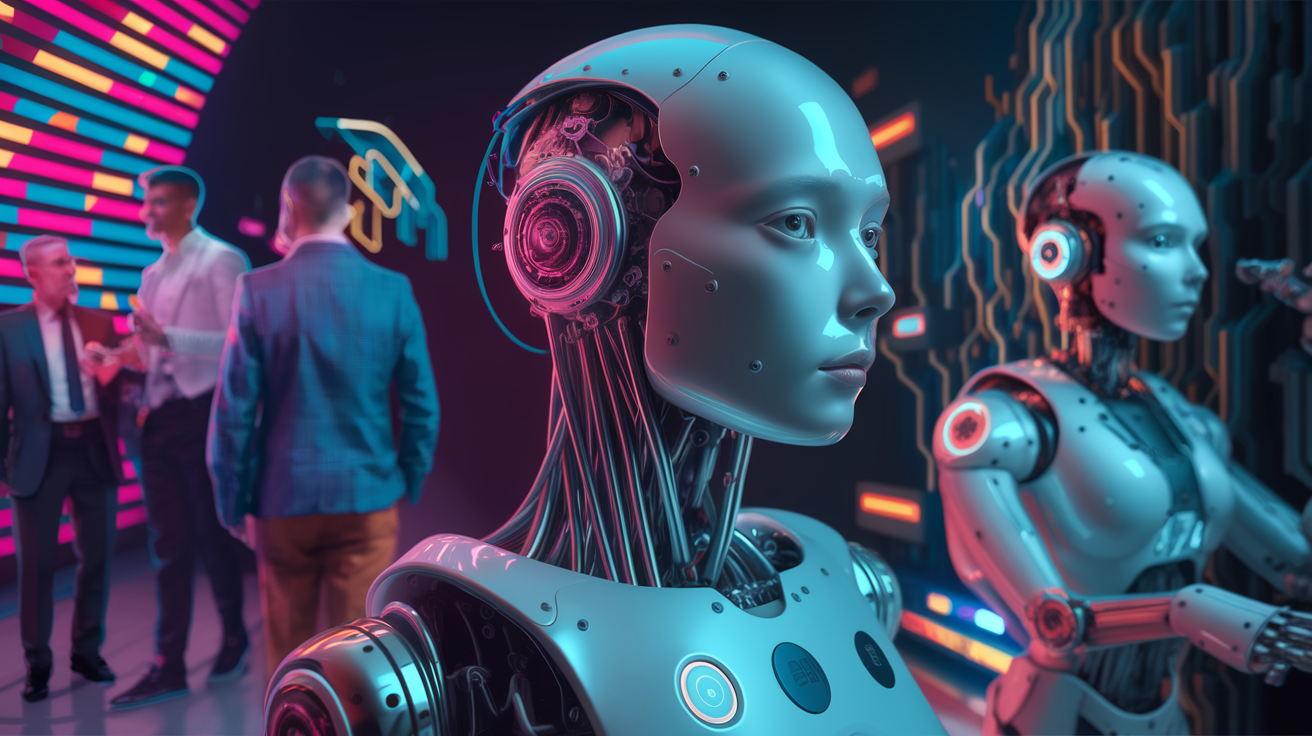

In a significant development in the AI industry, OpenAI has not met its deadline for the delivery of a highly anticipated tool designed to allow content creators to opt out of having their works used in AI training datasets. This delay has sparked concern amidst ongoing debates around intellectual property in the realm of artificial intelligence.
In May 2024, OpenAI announced the development of a tool named Media Manager, intended to empower creators to specify how their works could be included or excluded from AI training data sources. This tool was expected to mitigate the risk of proprietary infringements and reduce criticism from creators and legal professionals regarding AI model training practices.
"Media Manager was to be a comprehensive solution to manage content preferences related to AI training datasets," a former OpenAI employee remarked. "However, it simply wasn't prioritized internally."
Reports indicate that the project encountered internal challenges, contributing to its delay. Key figures involved in the development and legal aspects of Media Manager have transitioned to different roles or left the company, further complicating progress.
The absence of an efficient opt-out option has led to mounting tension between AI developers and content creators. Legal disputes have intensified, with artists, authors, and media entities pursuing class-action lawsuits against OpenAI for allegedly unauthorized use of copyrighted material in training AI models such as ChatGPT and Sora.
Adrian Cyhan, an intellectual property attorney, stated, "The introduction of Media Manager was seen as crucial for addressing the challenging intersection of IP law and AI technology. Without it, legal complexities persist."
Despite OpenAI's ongoing attempts to address these issues through piecemeal solutions — such as opt-out forms and web-scraping limitations — many creators find these efforts insufficient. They argue that without a streamlined, robust mechanism, their rights remain inadequately protected.
While OpenAI has not provided a definitive timeline for the release of the Media Manager, the pressure remains high. The ongoing delay suggests the company's attempt to balance innovation in AI technology with ethical considerations and compliance with existing legal frameworks remains a formidable task.
Ed Newton-Rex, founder of Fairly Trained, commented, “The burden of responsibility should not fall solely on creators to protect their works. OpenAI must strive to integrate more comprehensive and accessible solutions.”
As an authority in AI and automation, Jengu.ai continues to monitor these developments closely, recognizing the vital role of ethical considerations in the advancement of artificial intelligence. The dialogue around intellectual property protection is pivotal to shaping the future landscape of AI and its harmonious coexistence with creators' rights.
```